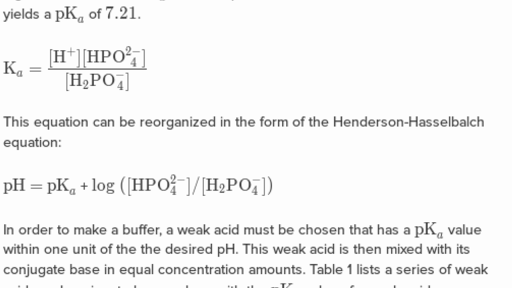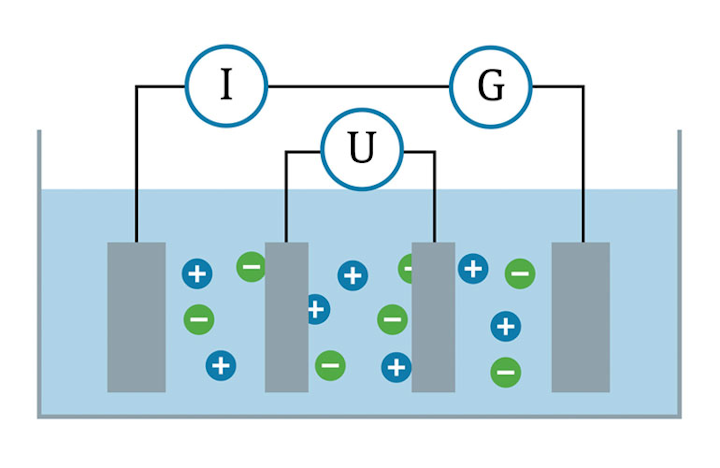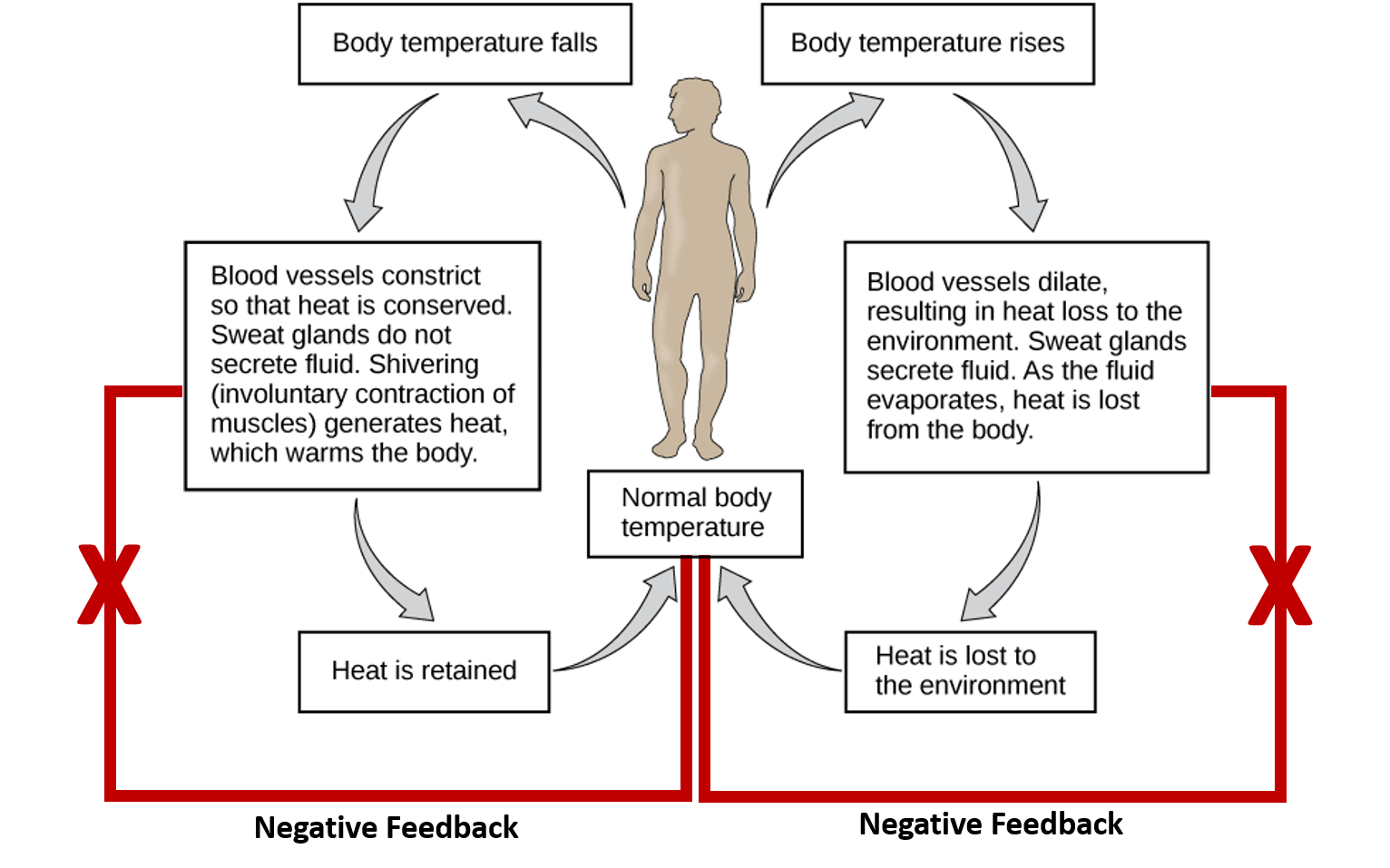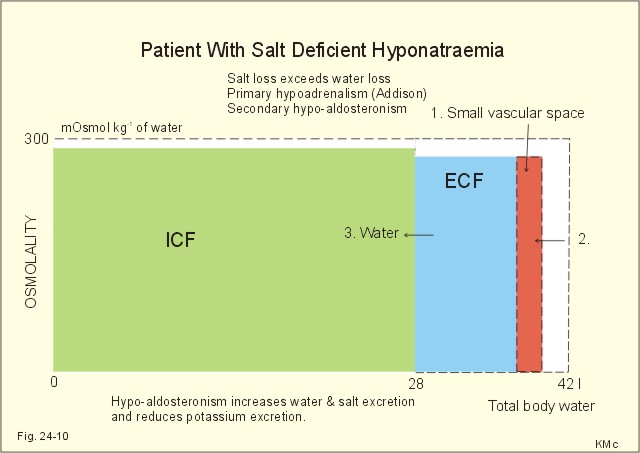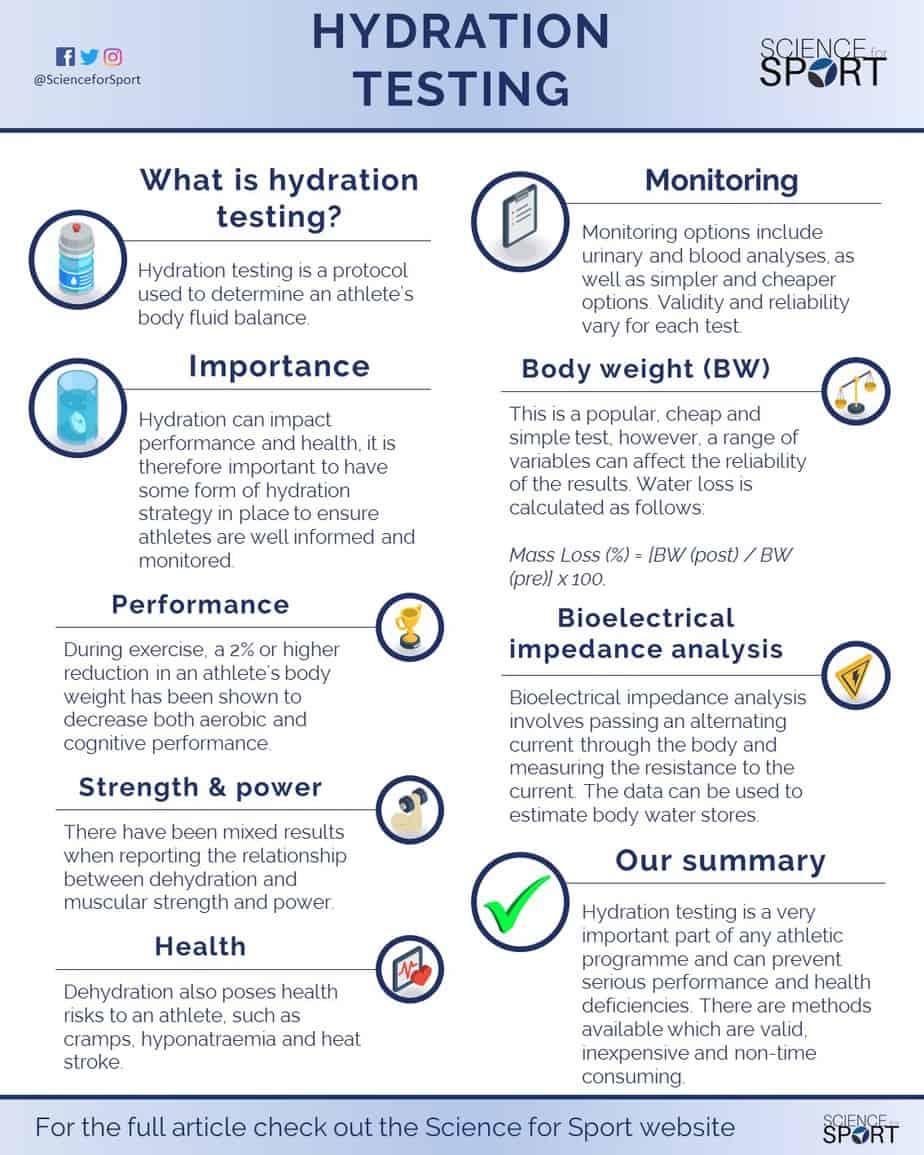Saliva blood and spinal fluid all have a ph of about 74. These include sodium and potassium.

Body Fluid Dynamics Back To The Future American Society Of
Influences the ph measurement of body fluids. Highest pleural fluid ph is seen in transudative effusions resulting from heart failure. The ecf contains extracellular matrices ecms that act as fluids of suspension for cells and molecules inside the ecf. A ph sensor upstream of the membrane can provide a feedback signal to control dosing of acidic or basic reagent to maintain the ph within acceptable limits. Some types of ro membranes are sensitive to feed water ph and can become damaged if the ph is outside the recommended range of 5 to 8 ph. Losing too much water from your body can increase blood ph. The volume of ecf is typically 15l of which 12l is interstitial fluid and 3l is plasma.
A low pleural fluid ph implies a high metabolic activity in the pleural space. This happens because you also lose some blood electrolytes salts and minerals with water loss. The acceptable range for your ph is between 71 and 75 according to alkalize for health. Measurement of pleural fluid ph is advocated in the literature and in management guidelines from professional societies including the american and british thoracic societies 3 811 as part of first line pleural fluid analysis. Anything above this range is considered alkaline while scores below the range indicate acidity. Ph indicates the level of h ions where low ph indicates too many h ions and high ph indicates too many.
This near neutral level prevents tissue damage that may be caused by levels at either end of the ph scale. This highly acidic fluid breaks down food and allows digestion to continue. The ph of extracellular fluid is tightly regulated by buffers and maintained around 74. By jonathan croswell like foods and fluids your own body has a ph level and its actually rather specific. In all but four of these 39 pleural fluid ph was 74 and ranged from 740 to 758 median 749. Although the ph of blood ranges from 735 745 the ph of other body fluids is different.
Pleural fluid ph is decreased by exposure to acidic fluids such as retention of local anesthetic or heparin in the syringe or sampling following infiltration of local anesthetic. Proton pumps that regulate the hydrogen ions in the stomach keep the ph between 15 and 35. Light et al measured pleural fluid ph in 178 patients including 39 with heart failure.






